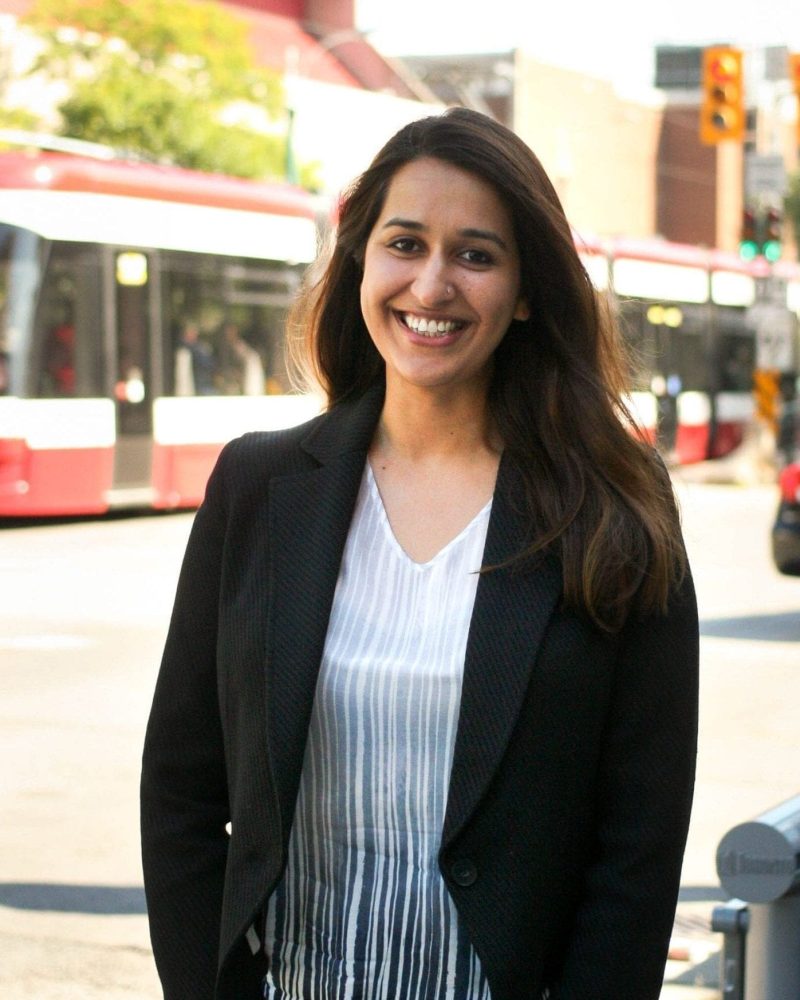About this course
How do you conduct meaningful and rigorous research about cities using qualitative – not quantitative – methods, such as interviews, oral histories, mapping, surveys, photography, and archives? In this interactive workshop class, you will learn how to be a researcher and design a research project about a public space in the GTA. URB342H1 is one of the Urban Studies Program’s community-engaged-learning courses, meaning you will have an exciting and creative opportunity to create a unique story-driven project.
What you’ll learn
- Explore how scholars and journalists employ oral histories, semi-structured interviews, and a variety of other methodologies and data-collection tools to make sense of and craft meaningful narratives about cities and neighbourhoods.
- Learn about the uses, limitations, and ethical considerations involved in qualitative research.
Course highlights
This course is intended for third- and fourth-year students who have experience in the social sciences and/or humanities.
During the COVID-19 pandemic, the class partnered with elder residents in City of Toronto long-term care housing. By the end of the semester, each student developed an oral-history research project based on the data they collected through interviews and conversations with their elder partner, as well as additional research. Read more about this collaboration.
A personal note from your instructor

Aditi Mehta
A personal note from your instructor
As a qualitative researcher, I use interviews, ethnography, and visual analysis in my own work. I am committed to participatory methods, and I reflect deeply on the ethics of social justice research. This is one of my favourite courses to teach because I enjoy introducing students to a variety of methodological tools. Each year, I also learn more about the knowledge-production process alongside my students, as they use the methods we cover in class to carry out their own original research projects.